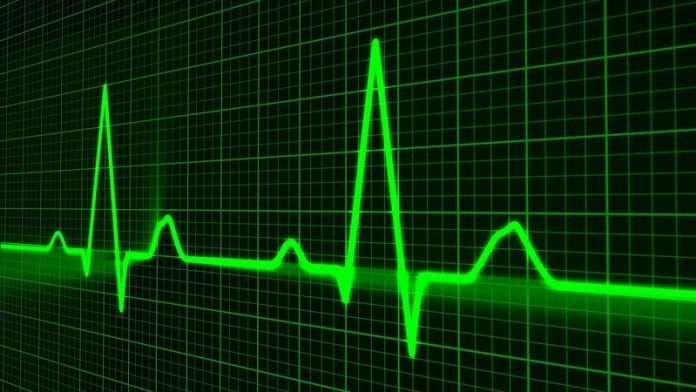
In a study from Harvard Medical School, scientists found that about 20% of people who survive what’s called an ischemic stroke have irregular heart rhythms, which can lead to another stroke.
But in cases where the stroke was caused by hardening of the arteries, patients aren’t adequately monitored for atrial fibrillation, the most common heart rhythm abnormality after discharge.
In the study, the team followed a group of ischemic stroke survivors—specifically, people with narrowing of the arteries (atherosclerosis) that caused a blood clot in the brain.
The research did not include people whose blood clots originated in the heart.
Cardiac monitors frequently detected irregular rhythms (a-fib) lasting more than 10 minutes. Six minutes of atrial fibrillation strongly increases the risk of stroke.
The team says the unrecognized a-fib may increase the risk of a subsequent stroke caused by a blood clot formed in the heart that travels to the brain.
The study included nearly 500 ischemic stroke survivors with no diagnosis of a-fib. Their average age was 67.
Half received an insertable cardiac monitor that recorded their heart rhythms 24 hours a day for three years.
The other half received standard medical treatment, which did not include continuous heart monitoring. They received follow-up care every six months for three years.
The continuous cardiac monitoring device detected a-fib in more than 20% of the participants during those three years. In standard care, this was detected in just 2.5% of patients.
About half of the patients whose a-fib was detected using the monitor had an episode for 10 minutes or more, the findings showed. More than two-thirds of those had an episode lasting greater than one hour.
The team suggests that relying on routine monitoring strategies is not sufficient and neither is placing a 30-day continuous monitor on the patient.
Even if fibrillation is ruled out in the first 30 days, most of the cases are missed—because, as we found, more than 80% of the episodes are first detected more than 30 days after the stroke.
If you care about stroke, please read studies that diets high in flavonoids could help reduce stroke risk, and a MIND diet could slow down cognitive decline after stroke.
For more information about heart health, please see recent studies about a common food that may strongly increase heart disease risk, and results showing Vitamin K2 could help reduce heart disease risk.
The study was conducted by Dr. Lee Schwamm et al.
Copyright © 2023 Knowridge Science Report. All rights reserved.



